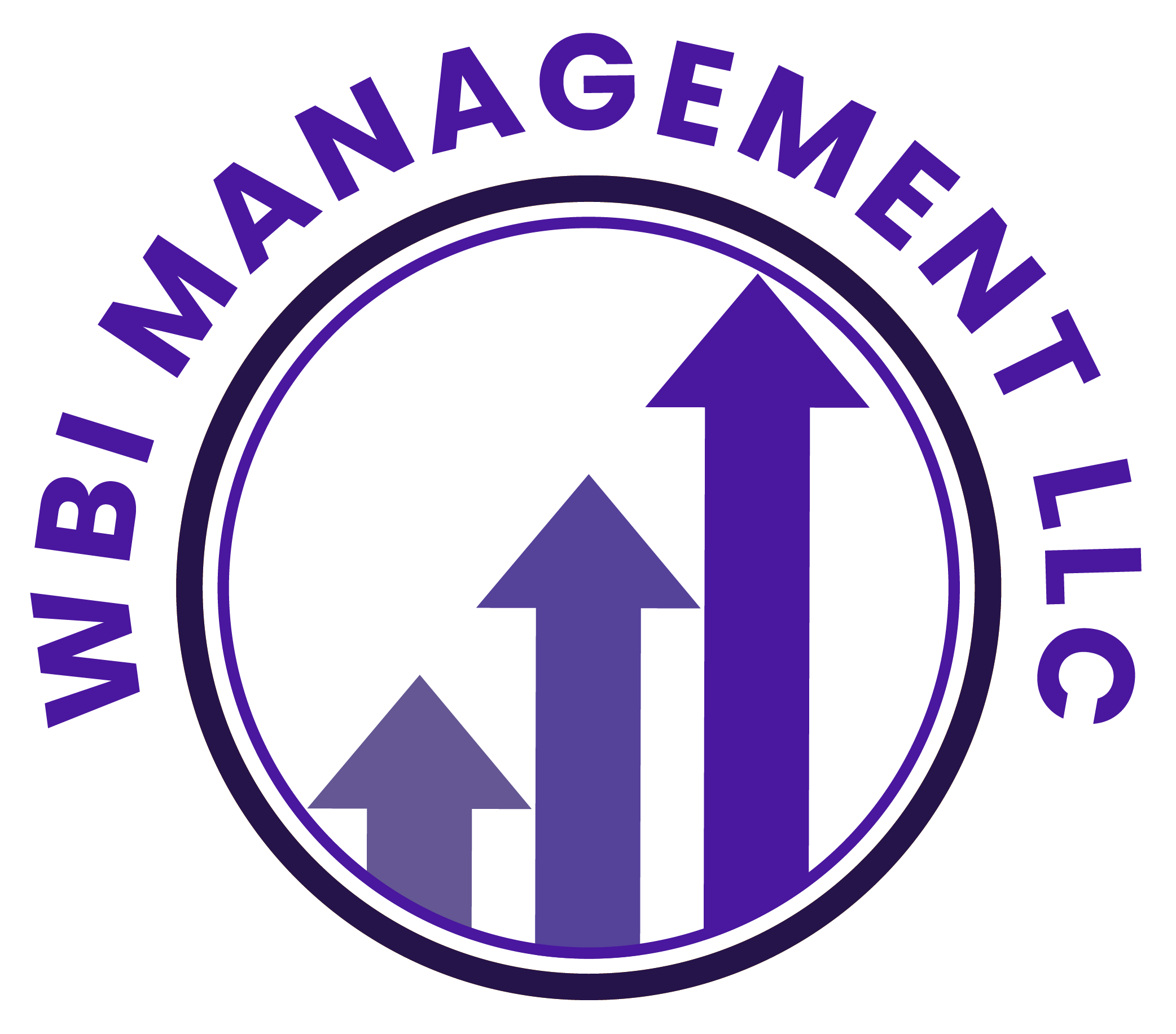Establishing Business Credit Isn’t Hard, but it Does Require Planning
It doesn’t take a rocket scientist to know that money makes the world go around, at least when it comes to business. In most cases, you can’t get to the money without credit, good credit to be more specific. As a business owner, you not only have to worry about your personal credit, but you also have to pay attention to the credit rating of your business.
If you are new to the world of business ownership, or not so new but just haven’t gotten around to it yet, you need to establish business credit. It is vitally important to have separate credit for your business.
To do this, you need to establish your business as a separate entity from yourself. Even if you have stellar personal credit, you do not want it tied up with your business, and it goes both ways.
If something unfortunate happens on the personal credit side, you do not want your business to suffer. On the flip side, if your business struggles and its credit suffers, you want your personal credit protected as much as possible.
A business does not simply “grow” its own credit, however. It takes some work to separate things. It isn’t hard, but it does take some effort. The exertion is worth it, though, when you start to see your business grow and hold its own financially based on its own merits.
Get Incorporated
The first step is to incorporate. While there are ways around this, it is the easiest and most decisive first step in separating your business credit from your personal credit. You have a few options.
- C Corp– This is the most definitive separation, but it is also the most complex and expensive. Before choosing this option, be certain there are reasons to do this other than establishing business credit. If it isn’t necessary for some other reason, there are other options that are less arduous and more cost-effective.
- S Corp– This option basically offers the same separation as the C Corp, but taxes are paid at the personal level, rather than requiring the business to be taxed as well, resulting in double taxation. It is also cheaper than incorporating as a C Corp. If filing as a C Corp is avoidable, this is a good alternative.
- LLC– forming a Limited Liability Corporation results in less liability, thus the name, and offers enough separation to serve the purpose of establishing business credit. If it is not mandatory for you to incorporate as a C Corp or S Corp, this is the easiest and most cost-effective way to create the separation of business and personal credit needed.
Operating as a sole proprietor or partnership is not out of the question, but it can be a little more difficult to achieve that separation, even with a DBA.
Ditch the SSN
You need to apply for an EIN and stop using your Social Security Number as the identifying number for your business. Your SSN is tied to you, personally, and it is almost certain that anything connected to it credit-wise will end up on your personal credit reports.
In fact, if you follow the other steps for establishing business credit and skip this one, it could end up on both reports. You don’t want that.
The process for applying for an EIN is easy. The IRS has an online form, and as soon as all the information is verified you receive your number. It typically happens almost immediately.
Get a DUNS Number
Dun and Bradstreet (D&B) is the most widely-used business credit reporting agency. They issue each business on file a 9-digit DUNS number. Application is easy and free, and once you have that number, you will be even closer to establishing credit for your business separate from your own.
Be aware, however, that D&B is a business itself and they offer many products that they will try to sell you when you apply for your DUNS number. While these tools may be useful, they are not necessary and may be free elsewhere.
Your DUNS number is free and you are not required to make a purchase to receive it.
Get the Digits
Your business needs its own phone number. This way, when you apply for credit, you can enter contact information that is separate from your own. When information is reported to agencies, sometimes the phone number is an identifying factor. If you and your business share a number, that just decreases the level of separation.
Get a toll-free number, and have it listed in directories such as 411.com under the business name.
Apply for a Business Credit Card
Once you have your name, EIN, and separate contact information, you need to use it to apply for a business credit card. Shoot for the highest limit, lowest interest, and most reward options possible. Perks like cash back and travel points can pay off more than you may realize.
However, if you only qualify for a $200 limit and a higher-end interest rate in the beginning, that is fine. You may not be able to get the best rate with a business that has not yet established its own credit, but if you pay consistently and on time, it will build quickly.
You can apply for cards with lower rates and better perks once you have an established business credit score.
Establish Credit Lines with Vendors
If you are a new business and just starting with vendors, look for those that will extend credit and report to the top credit agencies.
If you have been around for a while and do not have credit with your existing vendors, ask for it. And if they comply, ask if they currently report to the credit agencies, or if they will. Not all vendors do because it is not required, and not all are willing. If your current vendors do not want to cooperate in this endeavor, consider switching to vendors that will.
Quill.com is a great starter vendor for this purpose. They accept almost anyone and report to credit agencies.
Talk to the Utility Companies
Sometimes utility companies are willing to report payments to credit agencies, but you almost always have to ask. The worst they can do is refuse, and if they do, no harm no foul. If they agree, you will only establish your business credit faster.
Talk to them all, including telephone, electric, gas, and even internet. Before you do this, be certain that all of the utilities are in the business.
Separate Expenses
Early on you may use the same accounts for business and personal use. It is best to stop this as early as possible, but if it isn’t yet feasible to have a separate checking account, at a minimum you need to separate business expenses.
Without separate accounts, that business credit card you applied for can help you do this. If you have a lower limit it may be difficult but working up to it until you can open a totally separate account is okay.
Ensuring all utilities are in the business name will help with this as well.
Find some way to designate business expenses from personal. You’ll be glad you did when tax time rolls around.
Make Your Payments on Time
Of course, the most important part of establishing business credit is making on-time payments. If this doesn’t happen, then you will not like the credit you establish.
Planning is an important part of this. Do not overspend and try not to use credit that you cannot pay back in a timely manner. You don’t need to pay it off all at once, as you need to make payments to build credit, but be sure you can make the payments.
Monitor, Monitor, Monitor
Even if you are just beginning to establish business credit, go ahead and get a copy of your business credit report. There may not be anything on there, but you need to know when changes are made. This original report is great for comparison to future reports.
Get reports from Dun & Bradstreet of course, but do not neglect the smaller, less-used agencies like Experian. You need to see reports from them as well.
Get a new report at least annually, and in the beginning, it may not hurt to get one every six months. If you see something that shouldn’t be there, report it.
You will have to find out from each agency what the process is for reporting mistakes on a credit report. But the standard is that you send them a copy of the report with the mistake notated, provide the proper information, and send documentation proving the changes that need to be made.
Documentation may include proof of payment such as receipts, copies of bank statements, proof of change of address, and more. Remember to never send originals.
Remember mistakes are not limited to just payment information. Make certain you clear off anything that should be on your personal credit report, and vice versa.
You Can Establish a Business Credit
If you follow these steps, you will be well on your way to establishing business credit separate from your personal credit. For new businesses, it can fall into place easily in the normal course of creating a business. If you have been around a while, it may require some backtracking. It is well worth the effort, however.
Once established, you can start building your business credit so that your score only gets stronger over time. Just remember: none of it matters if you do not make those payments as you should.




